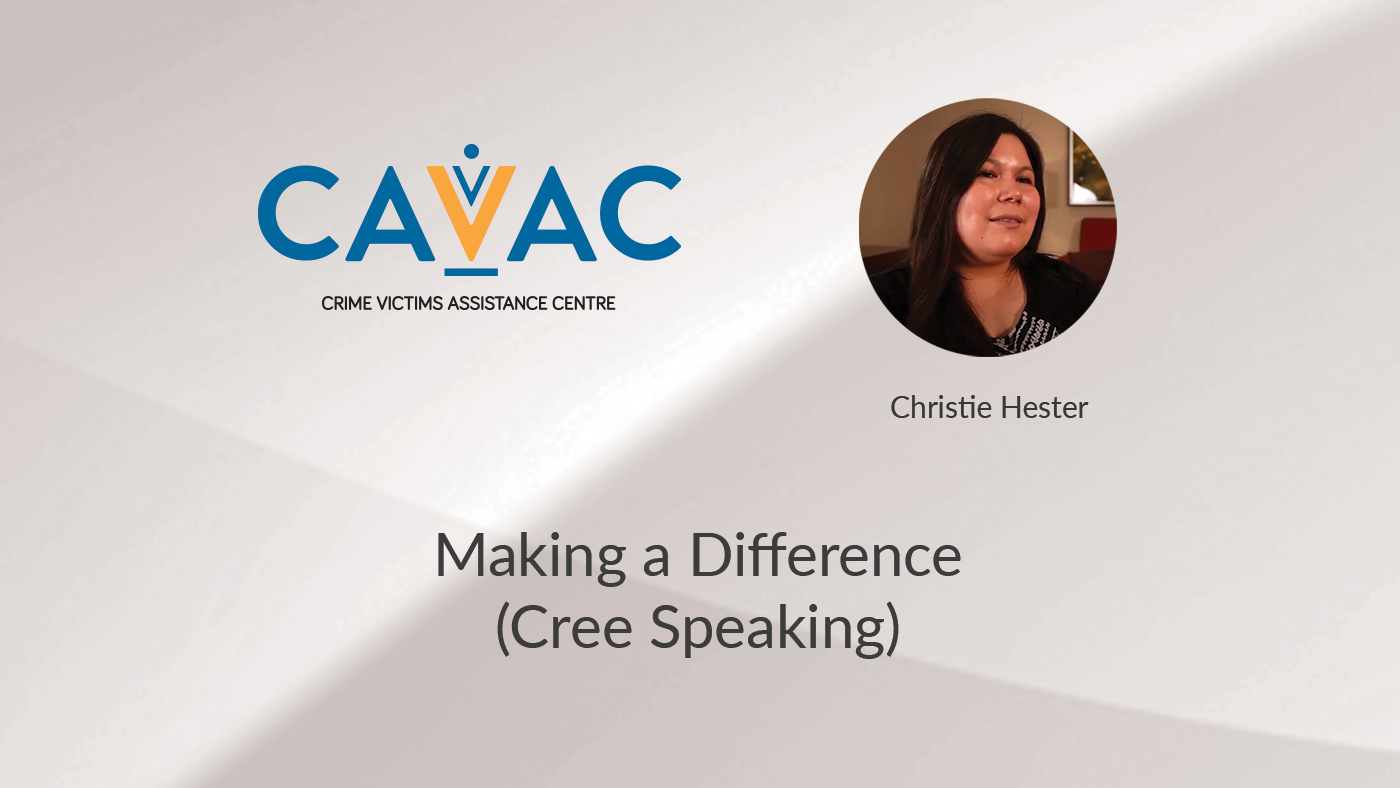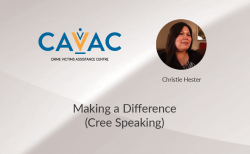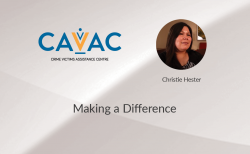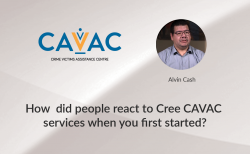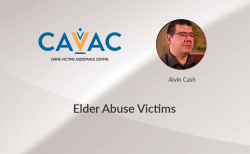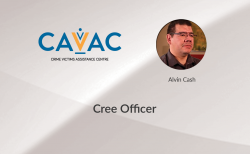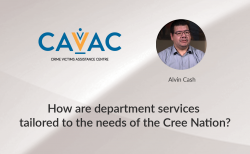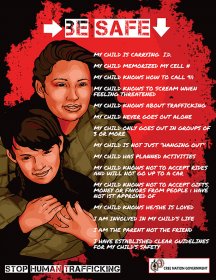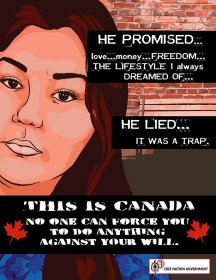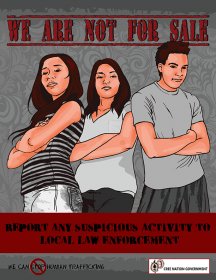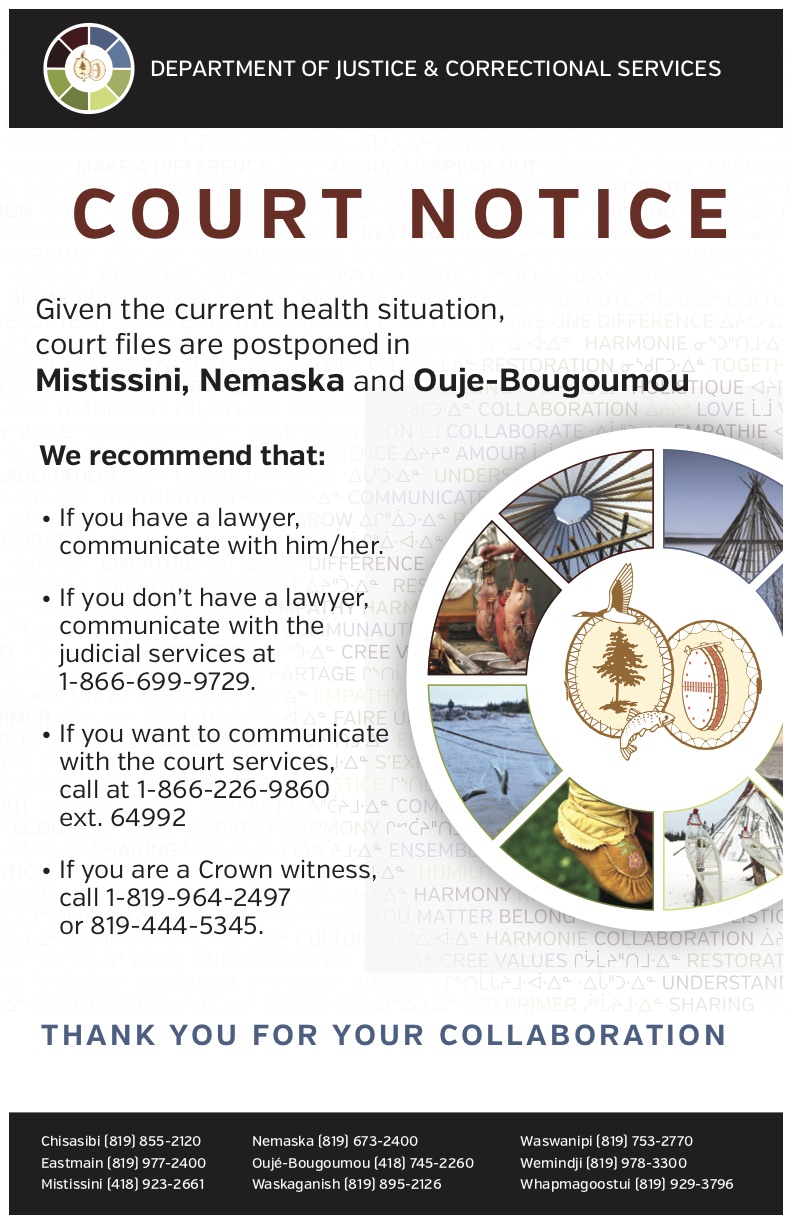
Various sources estimates human trafficking victim numbers to range from 4 to 27 million across the globe. 80% of them are being exploited as sexual slaves and up to 50% are minors. The F.B.I. estimates that human trafficking generates global profits approaching 10 billion annually. Some estimates claim that 50% of Canadian victims are Aboriginal women and children. People who take part in trafficking other people face a mandatory sentence of 5 years and a Canadian can be prosecuted even if doing activity outside of Canada.
Frequently asked questions
What is human trafficking?
The act of recruiting, by force or deception, another person for the purpose of exploitation (sexual exploitation such as prostitution, forced labor or services, removal of organs, slavery).
What is the most common form of human trafficking?
Sexual exploitation is the most common form. The second most common form is forced labor.
Human Trafficking is a violation of human rights and a serious crime with a mandatory sentence of five years in prison, even if doing activity outside of Canada.
Who is vulnerable to human trafficking?
While 80% are female, men and boys can also be targeted.
Populations at risk: Aboriginal women and girls, migrant workers, new immigrants, the poor, the disadvantaged, those lured to urban centers or those who have gone to the city hoping for a better life.
What are some of the ways traffickers approach their victims?
- Direct contact with the person
- Direct contact with the family members
- Posing as a potential love interest
- Advertising or promising jobs
- Contact on the internet
- Offering money or food
- Offering a car ride
Safety Tips
Establish guidelines:
- Talk to your child about human trafficking.
- Avoid “hanging out” in malls or in the streets. Have planned activities to do in the city.
- Know where your child is and what time they will be home.
- Go out in groups of three or more. Do not go out alone.
- Never accept food, gifts, money or rides from strangers or people youʼve just met.
- Avoid the less reputable places of the city.
Letʼs Protect Our Children
Predators look for a “hook”. They may ask the youth if they are hungry. They may offer them video games or lure them with sports. They may offer to help them in some way. They may compliment them and try to befriend them. They may pretend to be a love interest. Report suspicious behavior to the local police.
Never accept “free” drugs or alcohol from a stranger.
Be involved in your childʼs life... Remember, you are NOT your childʼs friend, you ARE their parent. Providing unconditional love and security at home, is the best way to prevent your child from being vulnerable to deceptive individuals. Keep lines of communication open with your child, allowing them to talk to you about what is going on in their life, without fear. Donʼt be afraid to get involved if you suspect there is a problem.
Do not accept rides from strangers or people you have just met. Most predators will try to befriend their potential victim. You should know people use the names of other people in the city to invite a potential victim to a party. There, they could be drugged or assaulted or even coerced into prostitution by threats against them or against family members.
Many human traffickers are “professionals”. They are good at making you think that they care about you and can offer you a better life.
Need Help?
LOCAL POLICE
Northern District:
- Whapmagoostui: 819-929-3700
- Chisasibi: 819-855-2882
- Wemindji: 819-978-0320
Central District:
- Eastmain: 819-977-2911
- Waskaganish: 819-895-8961
- Nemaska: 819-673-2506
Inland District:
- Ouje Bougoumou: 418-745-2573
- Mistissini: 418-923-3278
- Waswanipi: 819-753-2553
Crime Stoppers Association National Tipline (1-800-222-8477)
Emergency Services (9-1-1) or "O"


